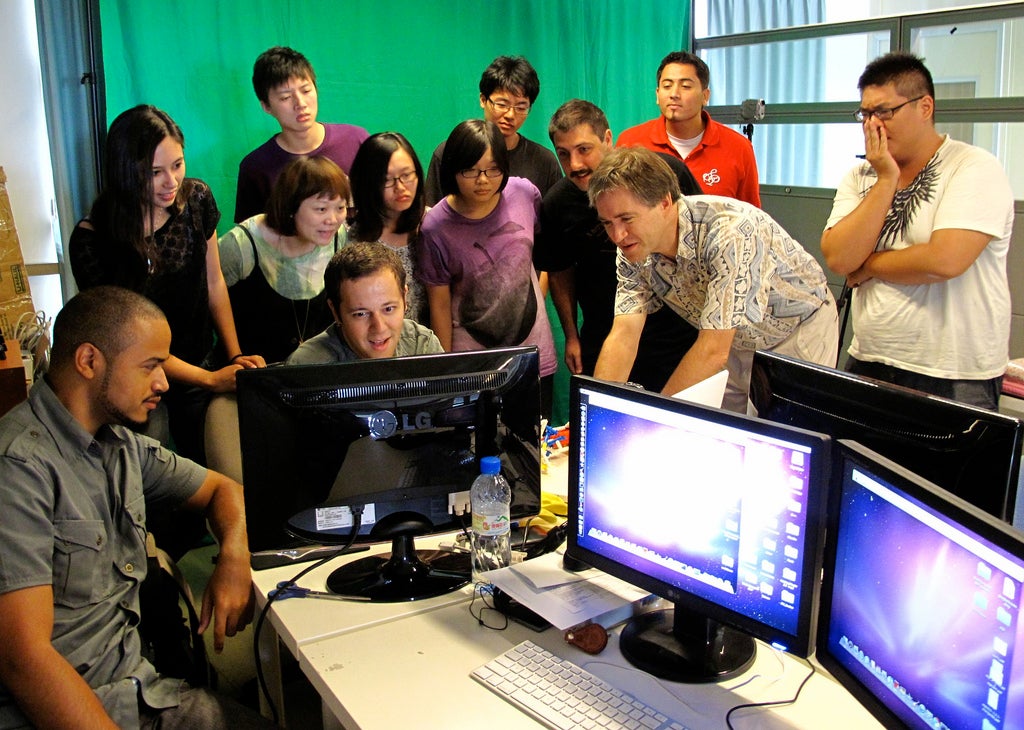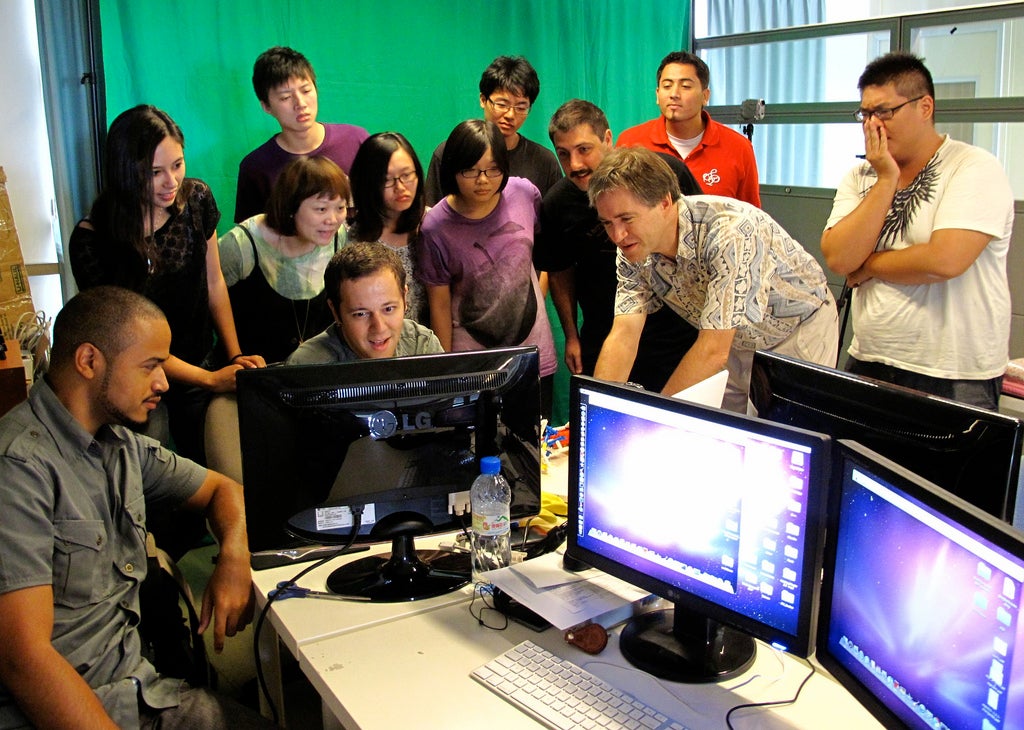The Scholarship Program to Increase Numbers and Strengthen the Workforce in Technology and Mathematics (SPIN+) will offer scholarships, academic coaching and mentoring support, and support for curriculum and instructional development to students from underrepresented backgrounds who choose to major in computer sciences, computer engineering, or mathematics. The principal investigators on the grant are professors Nancy Eaton and Jessica Libertini (mathematics), Yan Sun (engineering), and Joan Peckham (computer science).
“Nowhere is the problem of under-representation in higher education more pronounced than in the STEM disciplines, and URI is no different from other flagship institutions in this regard,” said David Hayes, director of URI’s Academic Enhancement Center and a member of the Collaborative’s steering committee. “By providing the financial, academic and personal support needed to attract and retain students of color and women in STEM, we are taking a step forward not only in terms of diversifying the STEM workforce, but in strengthening our institution and paving the way for future generations of students.”
A major goal of the grant is to provide enough financial support to high-performing students to enable them to dedicate their time and energy to academic success. Individual scholarships will vary based on students’ levels of unmet financial need. The Collaborative anticipates awarding 10 to 15 four-year scholarships and 4 to 5 three-year scholarships over the five years of the grant. Scholarship monies will cover tuition and fees as well as provide a small book stipend.
Scholarship recipients will be identified through a multi-layered recruitment process involving outreach into area high schools, engagement with incoming Talent Development students during summer sessions, and outreach to matriculated first-year undecided students in the fall semester. College of Engineering and Talent Development Program staff will assist in disseminating information.

Computer Science and Statistics Chair and Collaborative committee member Joan Peckham believes the grant will serve as a catalyst for change within related industries and academia. “This award assures that more students wishing to major in STEM are able to attend the University, stay in Rhode Island, and contribute to the STEM workforce,” Peckham said. “It attends to both the scholarly and cultural environment at URI through supporting a more diverse population of STEM majors, and to the cultural and economic well-being of the state and the nation by graduating a more diverse workforce in fields that are currently in very high demand.”
Peckham hopes that SPIN+ will serve as a model, demonstrating to business the value of investing in talented students with unmet financial need. “If the model of recruitment, mentoring and retention is successful at URI, we may be able to continue this beyond the life of the grant. Hopefully, donors to scholarship funds will see the direct benefits of this specific kind of investment to URI and to the workforce.”
Now in its second year, the Collaborative for Explorations in Mathematics and Sciences is a URI-based interdisciplinary initiative that aims to improve educational outcomes in STEM courses through a variety of initiatives including curricular and instructional innovation, enhanced recruitment and retention practices, and interdepartmental collaborations. In addition to SPIN+, the Collaborative is awaiting word on three other NSF proposals that focus on addressing the needs of school districts in their efforts to implement the Next Generation Science Standards, encouraging STEM majors and professional to become K-12 mathematics and science teachers, and increasing the number of students entering and graduating in STEM disciplines at URI.

